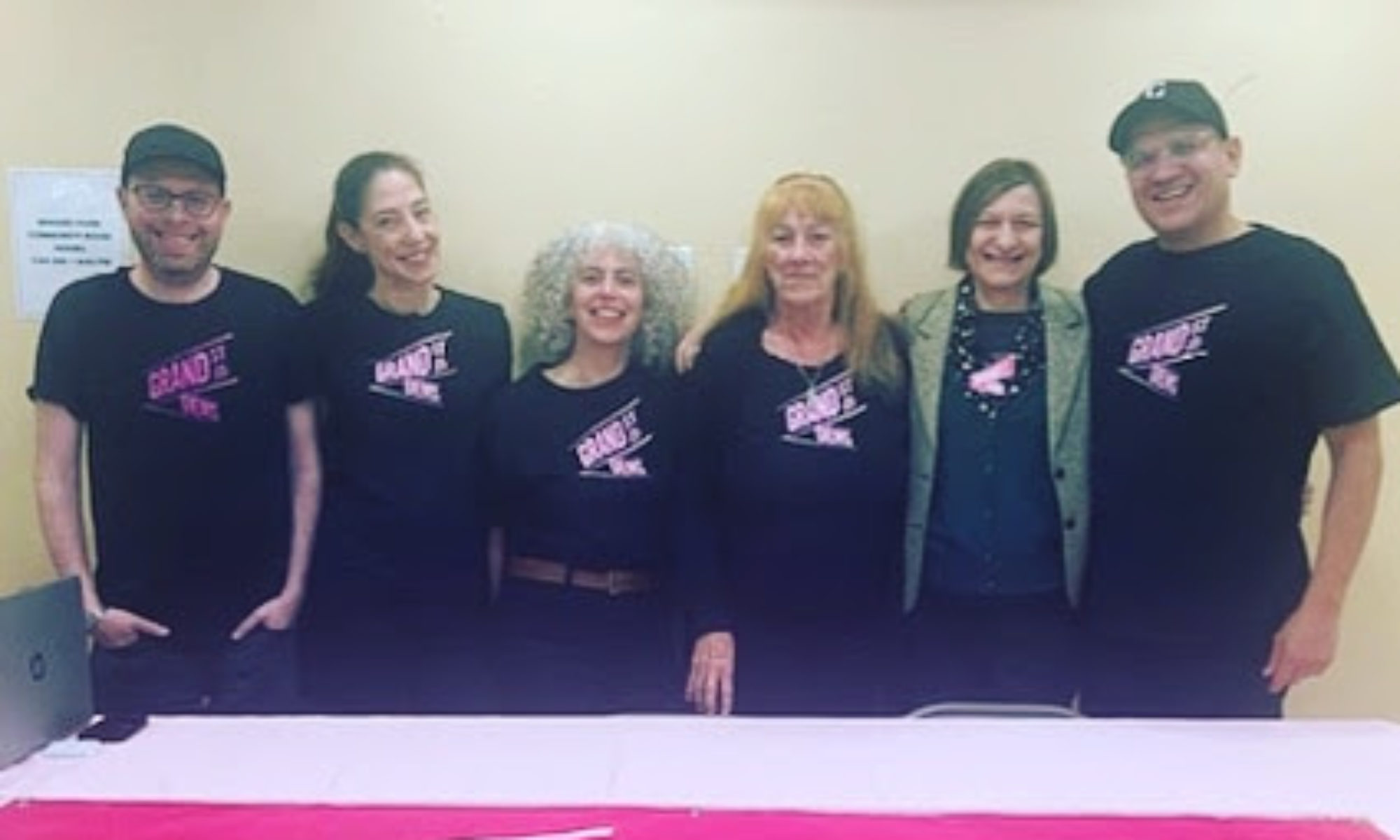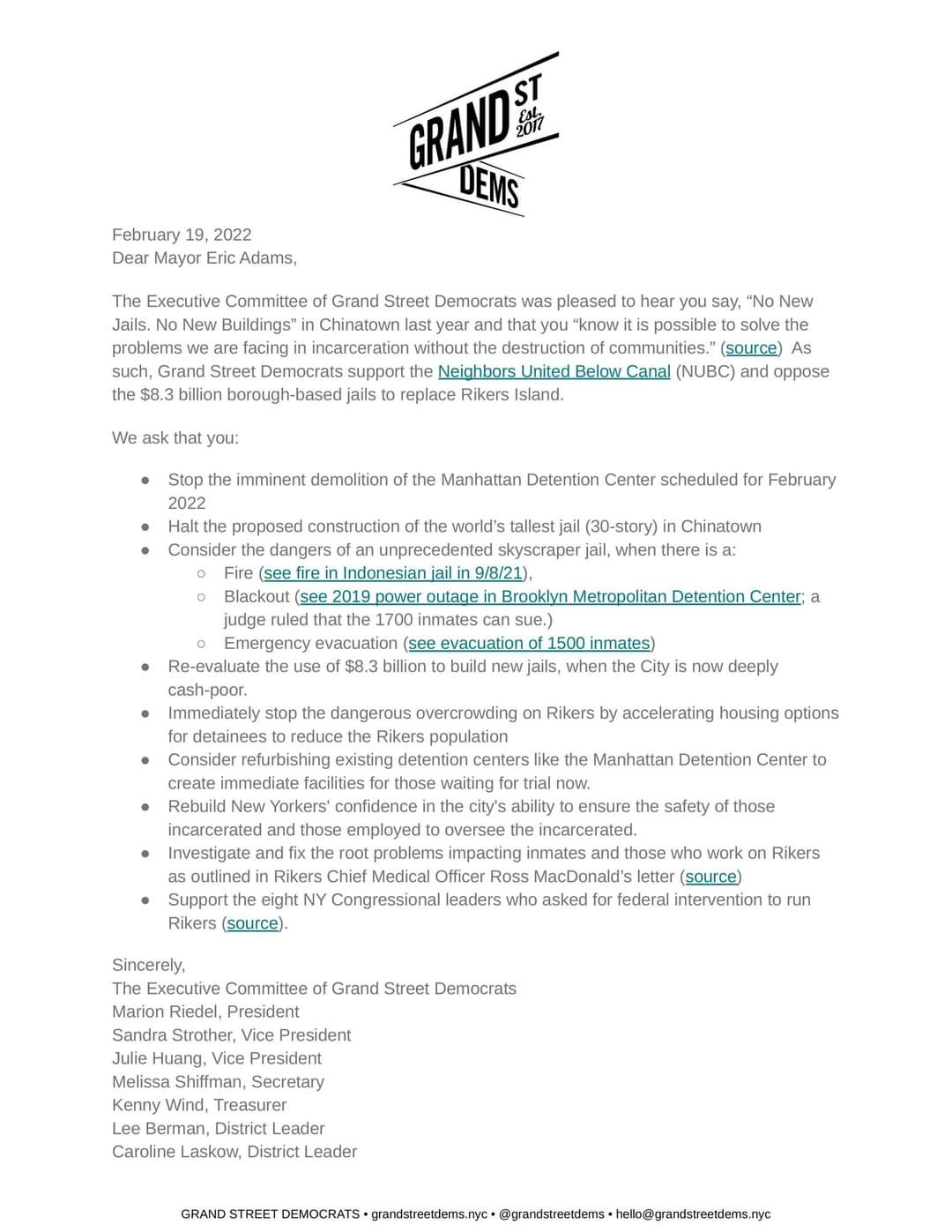Adopted at regular meeting 1/27/21.
In a reply to a Freedom of Information Law (FOIL) request, NYC’s Department of Design and Construction (DDC) stated that the City’s Value Engineering Study on the East Side Coastal Resiliency (ESCR) plan could not be sent because:
“DDC’s search of agency records revealed no responsive documents for [the FOIL] request.”
This means that the present massive $1.45 billion plan lacks the main justification for the change that doubled the cost and destruction.
According to a “Fact Sheet” from de Blasio’s office on Sept. 28, 2018, “The adoption of the new design follows a value engineering study performed earlier this year and a review of the project by a panel of experts with experience from around the nation.”
When an independent analyst from the Dutch firm, Deltares, hired by Manhattan Borough President Gale Brewer, reviewed the present ESCR plan (Alternative 4) in 2019, he also requested this Value Engineering Report: “The ‘value engineering report’ leads to the conclusion that Alternative 4 can be completed faster and with a greater degree of certainty,” he wrote. However, he never saw the document. “This value engineering report is not publicly available,” he noted.
The Value Engineering Report was used by the City as justification for approving a plan that would:
- completely raze the 46 acre East River Park;
- kill approximately 1000 mature trees and all other vegetation in the 82-year-old park;
- add a million tons of landfill over 1.2 miles of waterfront;
- double the initial cost of the project plan; and
- postpone even temporary flood protection for years.
If there is no Value Engineering Report, then there is no justification for the approved plan.
There has been a sustained outcry from community members and over 14,000 signers of petitions opposing the plan, including 2,000 NYCHA residents, who will be disproportionately affected. Advocates call for flood control that will not completely destroy the park as well as interim flood protection and robust alternate park spaces during the years of construction.
Due to this latest news, we demand the city suspend the ESCR project until it can be reviewed in full, including all documents used to support the conclusions in the City’s final environmental impact statement, by a panel of independent experts.
This position should be communicated to the Mayor and all City, State, and Federal elected officials who represent Grand Street Democrats.



 The L Train East River Tunnel requires extensive repairs that will disrupt the commute of thousands of New Yorkers for 18 months or more. These repairs are necessary, and the disruption is unavoidable. However, the current MTA contingency plans fail to adequately address the challenge. For example, with the current plan, non-HOV cars will be forced off Delancey onto smaller streets that already suffer from congestion and unsafe conditions for pedestrians. We urge the MTA to consider several important changes to its plans and approach.
The L Train East River Tunnel requires extensive repairs that will disrupt the commute of thousands of New Yorkers for 18 months or more. These repairs are necessary, and the disruption is unavoidable. However, the current MTA contingency plans fail to adequately address the challenge. For example, with the current plan, non-HOV cars will be forced off Delancey onto smaller streets that already suffer from congestion and unsafe conditions for pedestrians. We urge the MTA to consider several important changes to its plans and approach.